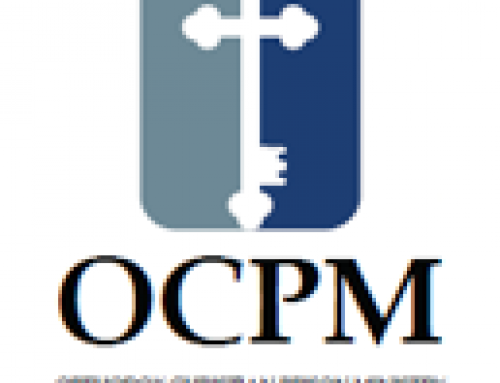This post was originally published on this site
Introduction
This is the second installment in our series journeying through chapters of Fr. Thomas Hopko’s podcast, The Names of Jesus. This study will deepen our understanding of the various titles and attributes of Jesus, enhancing our spiritual growth and theological insight.
Aligned with this year’s OCF theme, “Jesus, The King of All”, our discussion today will center on the chapter titled Jesus the Servant of the Lord. The portrayal of Jesus as the Servant of the Lord is central to our belief and a recurring theme in Scripture, most notably in relation to Isaiah’s “Suffering Servant” in Isaiah 53. In this chapter, Fr. Thomas explores the many different forms of servanthood found in the scriptures and the unique role of Jesus as the servant of the Lord, drawing from both the New and Old Testament. We invite you to listen to the podcast episode here and discuss with your chapter.
Questions for Discussion
- Discuss how Fr. Thomas distinguishes between the Greek words pais and doulos. Why is this an important nuance in the original text of the Bible? How did it change your perception of certain verses?
- How does this title connect Christ to Isaiah’s suffering servant, and why was Peter’s proclamation that Christ was Isaiah’s suffering servant significant? What were most Jews of the time of the events of the Gospels expecting? Why didn’t God fulfill those expectations?
- How does Fr. Thomas explain the Magnificat or the Song of Mary, and why is it significant to this discussion?
- Why is Jesus’s servanthood to God different from the apostles’ servanthood to Christ? What does this mean for us?
Bonus! Have everyone in your chapter meeting bring out their Bibles and search for the various parables of Christ. Then, ask each person to find and read a different passage that references servanthood, the role of serving a king, ruler, one another, etc. Determine which Gospel has the most parables that reference servanthood! Afterward, discuss how these passages reflect the theme of Jesus as the servant of the Lord and our servanthood to Christ. to be some of the primary ways we refer to both God and the Mysteries of the Church?



